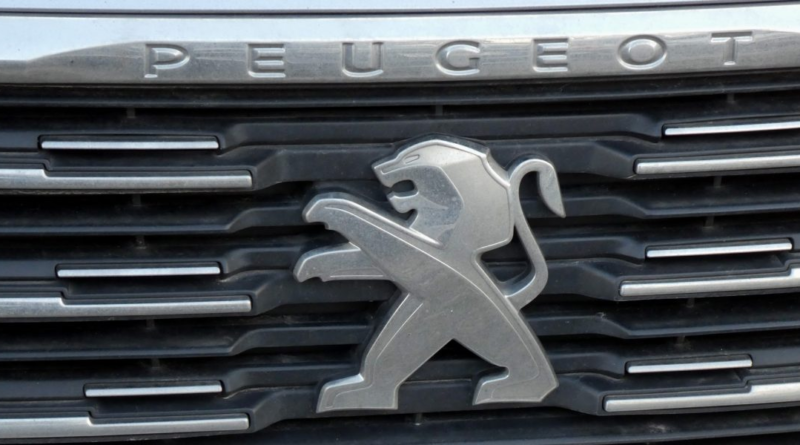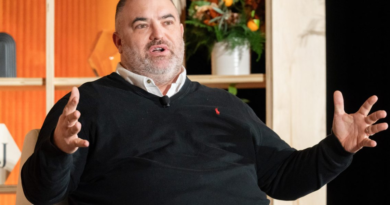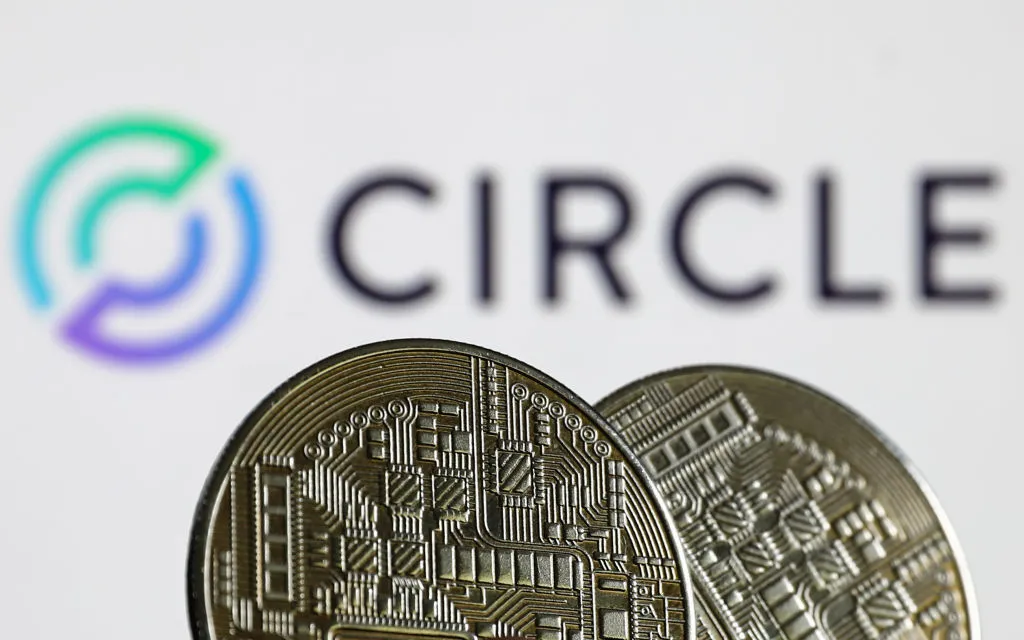European car giant Stellantis joins the talking car wave as the latest automaker to embrace ChatGPT
European auto giant Stellantis announced it will include ChatGPT in some new Peugeot models starting Wednesday. The new feature will be piloted in five European countries—France, Britain, Germany, Italy, and Spain—before becoming widespread later this year.
OpenAI, which launched the AI craze that swept the business world when it released ChatGPT in November 2022, has been increasingly pitching itself as a business-to-business company. It found eager and willing partners in the auto industry with manufacturers enticed by a car that not only understands voice commands but could potentially even answer back: a reality that recalls the hit 1980s television show Knight Rider, where David Hasselhoff’s character solved crimes in a talking car named KITT.
In the past several years, cars have become increasingly computerized. Where there were once dashboards, there are now touch screens filled with apps. Long gone are the days when a car phone was the pinnacle of wealth, now replaced by Zoom calls in even the most affordable of new cars. Elon Musk once memorably said Tesla, the electric vehicle company he founded, was “as much a software company as it is a hardware company, both in car and in factory.” (Although Wall Street investors seem to have concluded Tesla is a car manufacturer after all.)
With all these new technological features and software updates it was only a matter of time before car manufacturers turned to the latest advancement in the industry: artificial intelligence.
Earlier this month, several other big car companies also announced ChatGPT integrations. In June, Mercedes-Benz began a trial of ChatGPT in about 900,000 cars in the U.S. Even opting in to the trial was a showcase in the simplicity AI chatbots promise. To join the trial, all users had to do was say, “Hey Mercedes, I wanted to join the ChatGPT beta program,” when they were in their car.
Volkswagen is making one of the boldest moves among carmakers, incorporating ChatGPT across its lineup. The German auto manufacturer says it hopes ChatGPT will be able to do more than just the usual voice activated commands like turning on the radio or the AC when it’s hot. With ChatGPT, whose major innovation is the ability to understand and reply in natural language, those commands could become as simple as “I’m cold” to activate seat warmers or “It’s starting to rain” for headlights. All the carmakers but VW, in particular, have also highlighted that ChatGPT could answer questions about virtually any topic just as the online chatbot can. When it announced the new features at the Consumer Electronics Show in early January, VW went as far as to say its cars could have “enriching conversations.”
OpenAI has been keen to explore how it can develop versions of its technology meant for specific use cases. The push comes as OpenAI’s ChatGPT and image generator DALL-E become increasingly common in the business world and as companies look to tailor the tools to their specific use cases. At its first developer day in November, OpenAI released the GPT Store, a repository of different tools and applications of its software. The GPT Store is available for paid subscribers to ChatGPT Plus and enterprise customers. By this month the GPT store had some 3 million different custom chatbots.
Stellantis and OpenAI did not respond to a request for comment.




